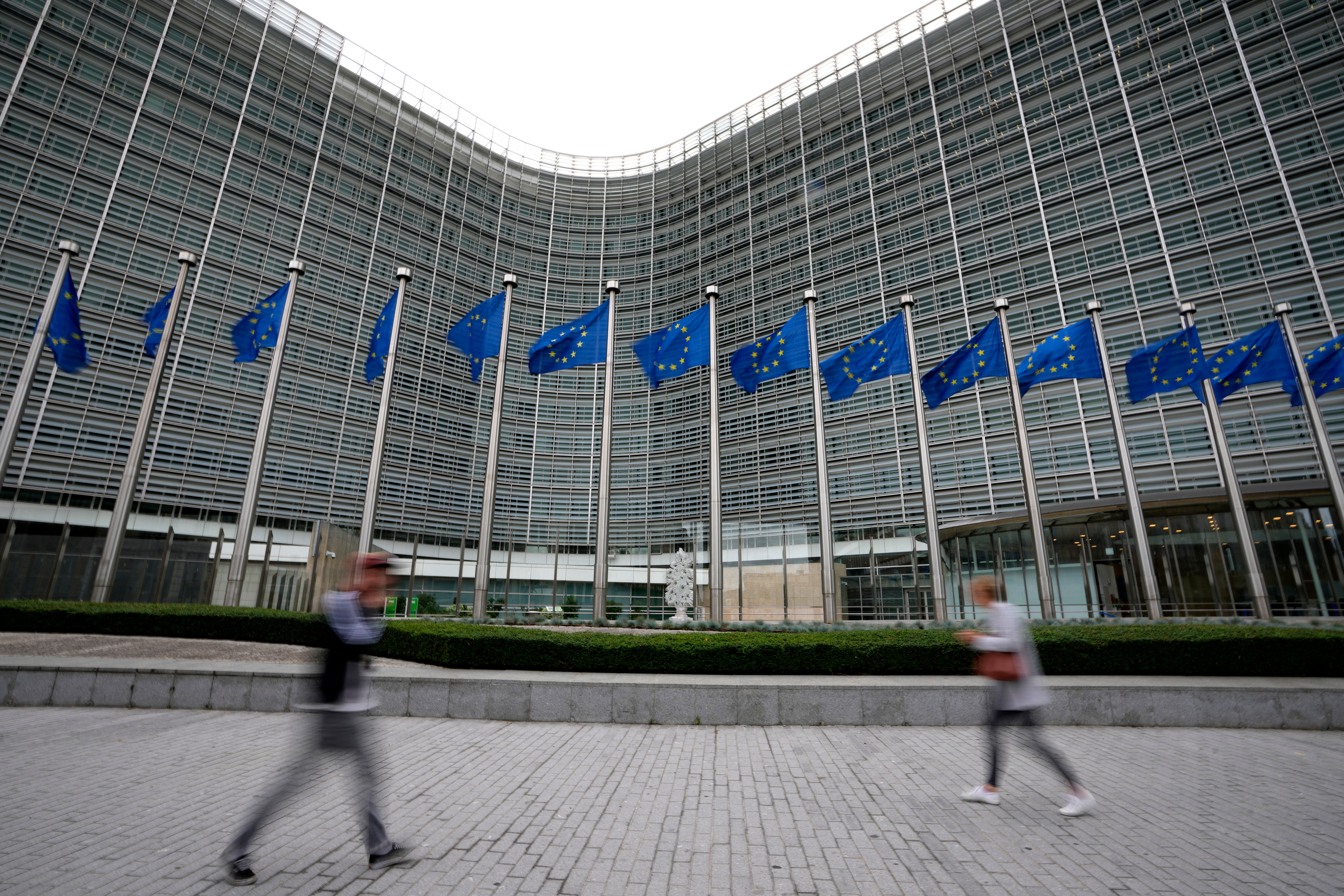EU claims a migration deal breakthrough after years of talks
European Union negotiators have clinched a deal on the main parts of an overhaul of the bloc’s outdated asylum rules

European Union negotiators on Wednesday clinched a deal on the main elements of an overhaul of the bloc’s outdated asylum rules, paving the way for a definitive agreement to be reached before EU-wide elections in June.
Envoys from member countries, the bloc’s parliament and the executive branch, the European Commission, “reached a deal on the core political elements” of the Pact on Asylum and Migration, the EU’s Spanish presidency said in a statement after a night of negotiations.
The pact was touted as the answer to the EU’s migration woes when it was made public in September 2020. The bloc’s old rules collapsed in 2015 after well over 1 million people arrived in Europe without authorization. Most were fleeing war in Syria or Iraq.
But little progress was made on the pact as the member states bickered over which country should take charge of migrants when they arrive and whether other countries should be obligated to help.
The presidency said negotiators had bridged differences on elements like the screening of migrants arriving without authorization, the ways that their biometric data is used, the rules that determine which EU countries should handle asylum applications and the procedures for doing so.
In recent years, as hope for reforms languished, the EU focused on outsourcing the challenge by making agreements with countries that people leave or transit to get to Europe. A deal with Tunisia, where authorities have been accused of dumping migrants in the desert, was a recent example.
The clock is ticking on the whole asylum deal. Elections will be held across the EU from June 6-9. For the plan to enter force, officials and lawmakers have said, a final agreement on all its 10 parts must be reached by February.
___
Follow AP’s coverage of migration issues at https://apnews.com/hub/migration